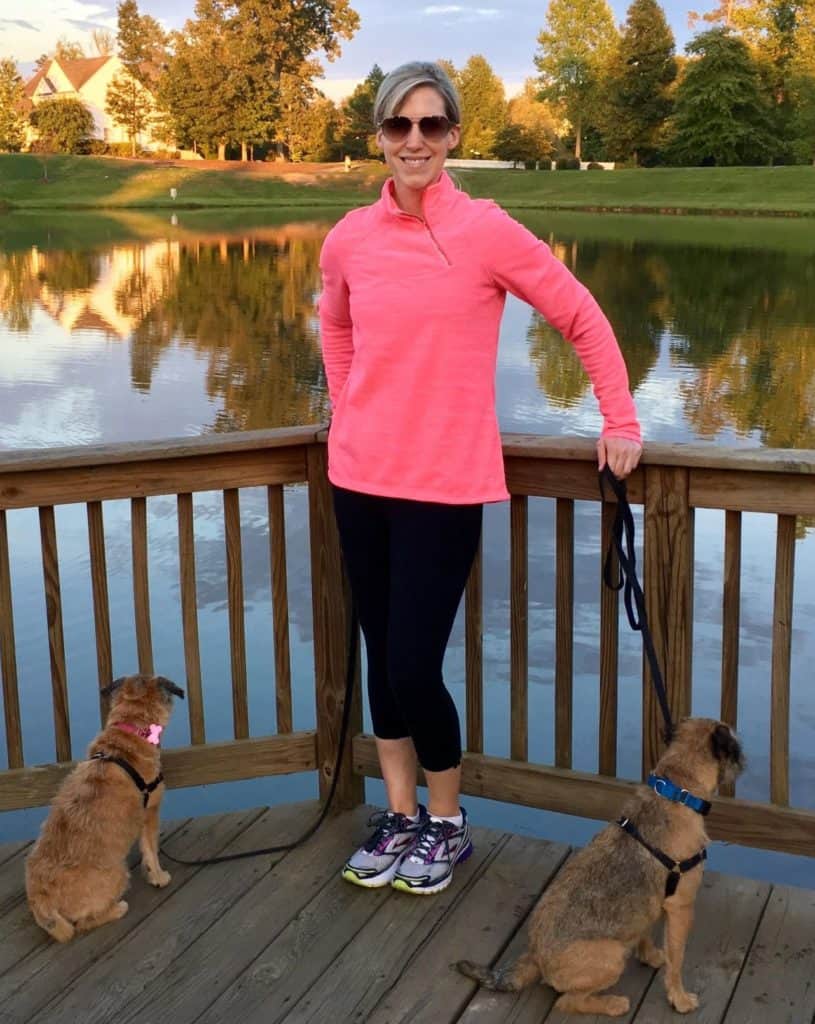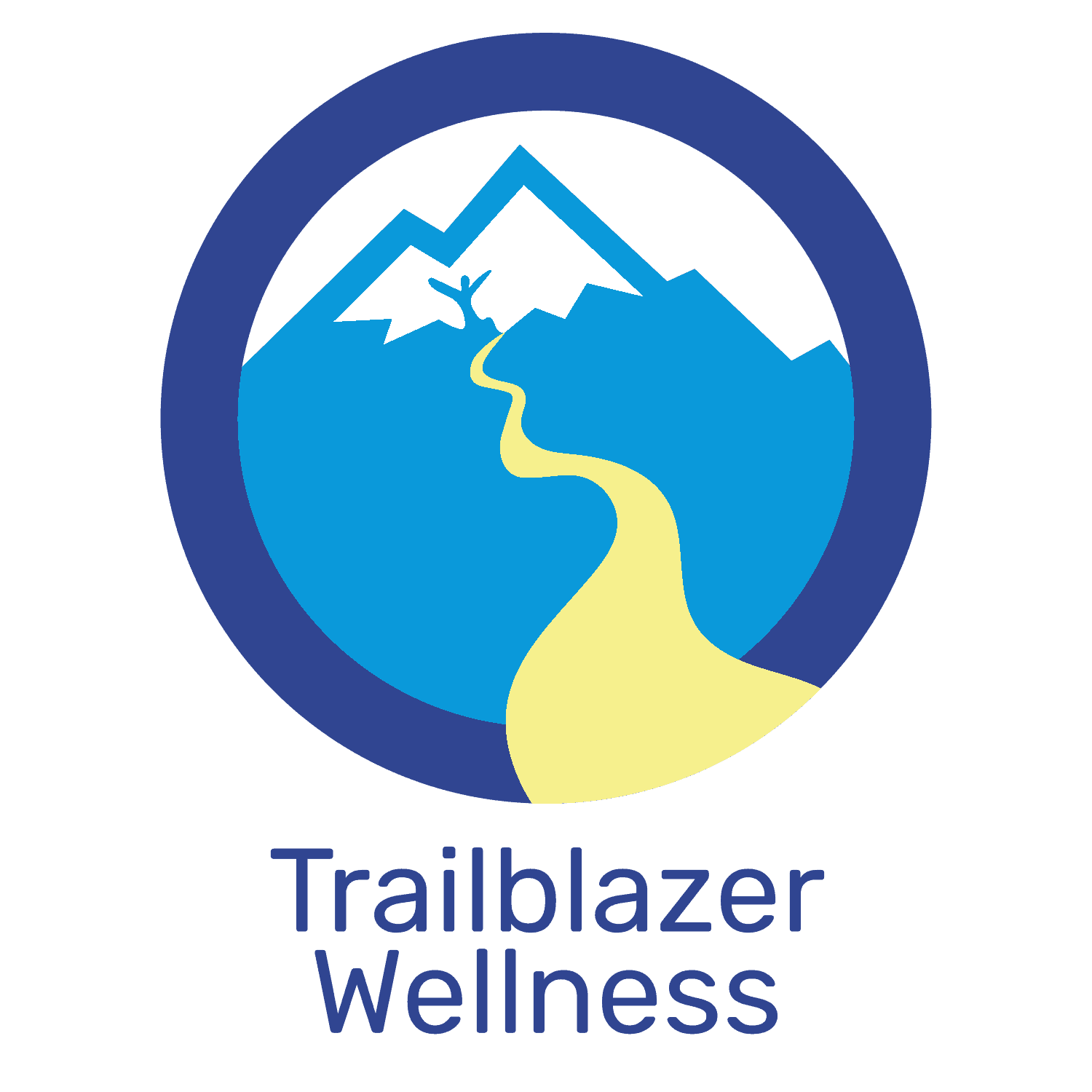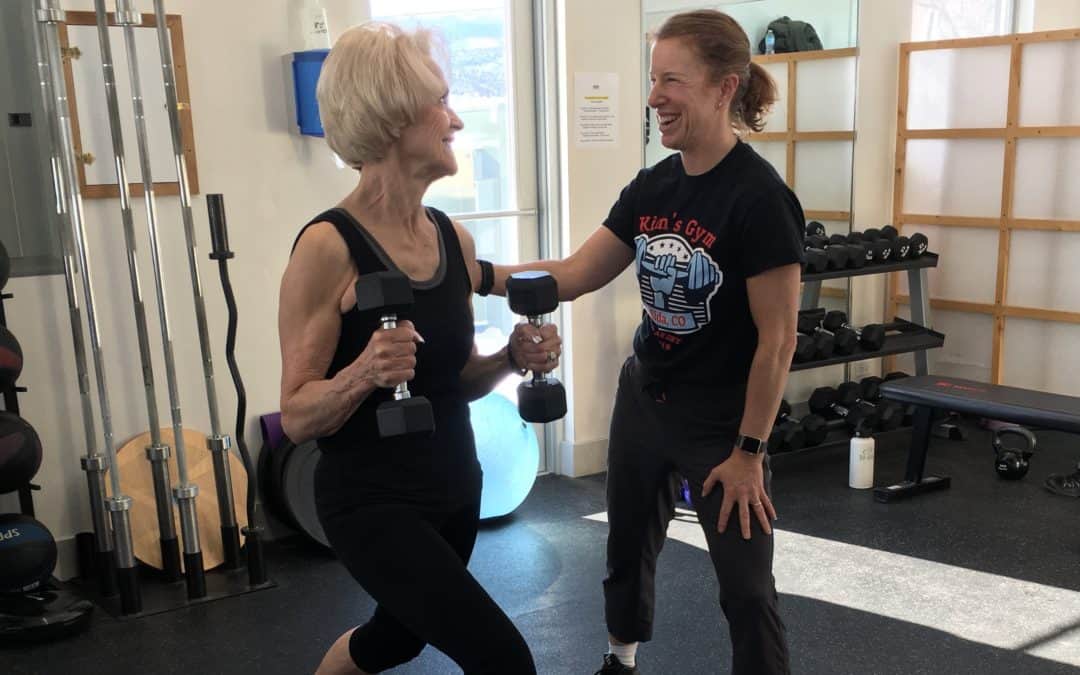How to find a professional that’s a good fit for you
Whether you’re looking for a personal trainer to help achieve a fitness goal, for motivation, or for guidance on exercising – it can be difficult to know where to begin. A quick internet search will result in a lengthy list of fitness “experts”, workout plans, and an alphabet soup of certification letters behind trainers’ names. So how do you know what’s best for you?
Choosing a trainer suited to your individual needs, personality, and motivation style will certainly set the stage for success. But a trainer’s educational background should also be a top consideration before handing over your hard-earned dollars.
Certified doesn’t necessarily mean qualified
Not all personal training certifications are created equal – in fact, the fitness industry is very lightly regulated. Some individuals take an online weekend course to receive a certification, while others undergo hours of practicum, difficult exams, and meet a long list of stringent requirements.
The latter is preferable, as proper exercise programming requires a thorough understanding of physiology, anatomy, behavior modification techniques, and special population health concerns.
The following list, in no particular order, outlines the top 3 nationally recognized and accredited training certifications:
NASM-CPT: National Academy of Sports Medicine Certified Personal Trainer
The NASM certification prepares trainers to work with any individual looking to get into better shape, including those who are new to exercise. It covers a broad range of exercise principles, as well as injury prevention techniques.
ACSM-CPT: American College of Sport Medicine Certified Personal Trainer
ACSM trainers are suited for anyone looking to improve overall fitness, and they’re typically well versed in tailoring programs for specific health goals. Many ACSM trainers are also skilled in fitness programming for certain medical conditions, such as cancer, or clients dealing with sensory or cognitive disabilities.
NSCA-CPT: National Strength and Conditioning Association Certified Personal Trainer
Trainers with the NSCA certification are typically focused on the athletic population and often work with high-level athletes. While many will train all types of clients, this certification uses preparation and adaptation guidelines suited toward specialized programs for the athletic community.
Honorable Mentions:
- ACE-CPT: American Council on Exercise Certified Personal Trainer
- ISSA-CPT: International Sports Sciences Association Certified Personal Trainer
Both ACE and ISSA offer solid foundational programs and are often considered to round out the “top 5” most respected certifications in the personal training industry.
Choosing a trainer: finding the right fit
Now that you’re up to speed on the certification lingo, you can better qualify a trainer’s background. Finding a local professional often starts with a simple internet search, or inquiring at the gym (if you belong to one). Friends and family members are great referral sources, too.
Start by looking for someone who seems suited to your interests and abilities. Most trainers have online bios along with their professional history, which will be helpful in narrowing down a prospect list. Keep in mind the trainer/client relationship is one of the most important variables in achieving your fitness goals, and one you don’t want to compromise on.
Once you’ve honed your list and contacted a few potential options, your work isn’t finished. Even if an individual has an accredited training certification, experience with a variety of clients, and years of training history, you’ll still want to ensure he or she is the right fit – for YOU.
Ask to meet or speak with the trainer(s) you’ve selected for an initial consultation. Some may even offer a complimentary training session to gauge whether your personalities are a match.
Remember, trainers have a wide range of styles; from the exercises they recommend to their verbal coaching techniques – so it’s important to find what works for you. For example, if you desire a “tough love” approach, but your would-be trainer is as gentle as a lamb, it might not be a good connection.
After checking the boxes of a reputable professional who clicks with your personality, your trainer should examine your health history and fitness goals before beginning any one-on-one sessions. These details matter, and will help in creating a personalized and effective plan. As you start to move through your workouts (even if they are tough!), your body will begin to adapt. After a short time, you should ideally feel energized, encouraged and enabled to perform better.
Whether your goal is to simply gain strength, walk for miles without tiring, or lift a suitcase into an overhead airplane compartment – a competent professional should provide a safe, well-planned program every step of the way.
The rest of the equation
Lastly, let’s look a few other considerations that can impact your decision about a personal trainer
Location: If your trainer isn’t conveniently located, or doesn’t offer in-home services, you may struggle with the motivation to get to the gym. Some will offer online coaching, Skype sessions, or provide a personal plan for home workouts – keep this in mind if it’s needed.
Diet and Nutrition: Have you ever heard the phrase, “You can’t out-train a bad diet?” Proper nutrition is an essential part of any successful training program. If you would like nutritional guidance, be sure to ask potential trainers about their qualifications in that area. Some trainers have additional certifications in nutrition, and others don’t.
Personal Contact: Fitness professionals should be just that – professional. A first-rate trainer will ask or confirm that you’re comfortable with personal contact, which may include touching to show proper body positioning, especially in your first few sessions. As you develop a relationship and establish rapport, you’ll learn their physical cuing style. Bottom line, you should never feel uncomfortable with a trainer. If you do, it’s time to move on.
Exercise Selection: If you are asked to perform an exercise that feels unsafe or causes acute pain, do not hesitate to stop the training session. An experienced trainer knows when to help you push, and when to pull back. Safety always takes precedence.
Finances: Personal training is an investment in your health. Trainers often offer packages to lower the cost of sessions, and some will do small group training (2+ people) at a slightly reduced fee. Others may offer an online or tailored at-home program after meeting a few times in person. Either way, your trainer will typically try to find a solution that works for both your health and financial wellness.
If you think enlisting the help of a trainer might be right for your fitness journey, you now have the basic information you’ll need to find one that’s the right fit. Not only will a personal trainer help push you toward your goals, a good one will also provide motivation and accountability, help you prevent injury, and maximize your results.
Lori Janousek is an ACSM Certified Personal Trainer with over 12 years in the Health and Wellness industry. She currently lives in Richmond, Virginia. Lori enjoys traveling, being active outdoors with her husband, lifting weights, running, and yoga.

To get regular updates about how to get more active so you can make the most out of your experiences, just subscribe to my email newsletter below.
Subscribe To Trailblazer E-News
To get regular updates about how to get more active so you can make the most out of your experiences, just subscribe to my email newsletter below.
You're all set!


